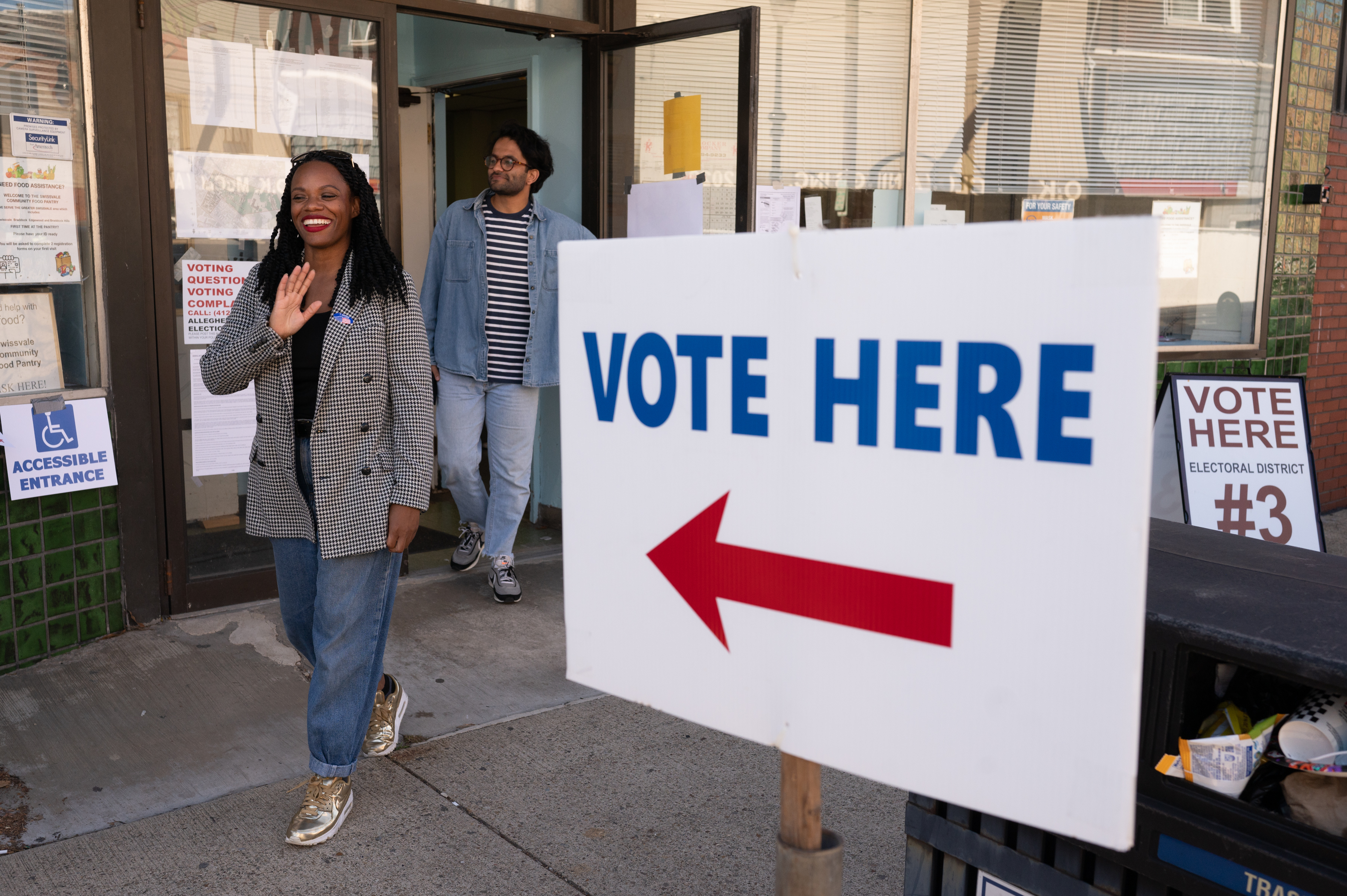Kennedy mania has resurfaced yet again, this time to mark the impending half-century anniversary of JFK's assassination, and you're probably right to groan.
New books abound. Some say he was a Cold War warrior who would've quagmired us in Vietnam, others say he was a wise soul who would've extricated us from Vietnam, some say he was a big-government liberal, other say he was a tax-cut conservative, some say his slaying was a solo act, others say it was a plot...it's the usual roundelay of speculation and revisionism.
Ignore it all.
If you want to read just one piece that best captures JFK - in all his quicksilver elusiveness - go all the way back to 1960, to the eve of his election, and check out Esquire magazine's "Superman Comes to the Supermarket," a 14,000-word overwritten outpouring by the protean novelist Norman Mailer. During the summer, he had covered the Democratic national convention. His resulting portrait of Kennedy, and his instinctive reading of the restless electorate that gave us Kennedy, was a journalistic breakthrough at the time - a heavily reported think piece. Mailer's prescient perceptions about the guy, and the brief era he personified, have stood the test of time.
"Be daring, be dashing, be wild"
For starters, Mailer correctly sensed that many Americans - 15 years after World War II; after eight years of Dwight Eisenhower - were yearning for adventure, yearning to marinate in the nation's mythology:
"America was the land where people still believed in heroes: George Washington; Billy the Kid; Lincoln, Jefferson; Mark Twain, Jack London, Hemingway....America believed in athletes, rum-runners, aviators; even lovers....And when the West was filled, the expansion turned inward, became part of an agitated, overexcited, superheated dream life. The film studios threw up their searchlights as the frontier was finally sealed, and the romantic possibilities of the old conquest of land turned into a vertical myth, trapped within the skull, of a new kind of heroic life, each choosing his own archetype of a neo-renaissance man, be it Barrymore, Cagney, Flynn, Bogart, Brando or Sinatra, but it was almost as if there were no peace unless one could fight well, kill well (if always with honor), love well and love many, be cool, be daring, be dashing, be wild, be wily, be resourceful, be a brave gun."
Local
Breaking news and the stories that matter to your neighborhood.
Traditional politics was boring, it was too detached from "the life of the myth." Mailer argued that postwar Americans wanted to fuse politics and myth: "It was a hero America needed, a hero central to his time, a man whose personality might suggest contradiction and mysteries which could reach into the alienated circuits of the underground, because only a hero can capture the secret imagination of a people...a hero embodies the fantasy and so allows each private mind the liberty to consider its fantasy and find a way to grow...America’s politics would now be also America’s favorite movie, America’s first soap opera, America’s best-seller."
Enter Kennedy, at the dawn of TV's ubiquity, the first celebrity politician, with "the deep orange-brown suntan of a ski instructor."
Mailer called Kennedy the "first hipster" candidate: "It could be true, a war hero, and the heroism is bona fide, even exceptional, a man who has lived with death, who, crippled in the back, took on an operation which would kill him or restore him to power, who chose to marry a lady whose face might be too imaginative for the taste of a democracy which likes its first ladies to be executives of home-management, a man who courts political suicide by choosing to go all out for a nomination four, eight, or twelve years before his political elders think he is ready....handsome as a prince in the unstated aristocracy of the American dream....Yes, it captures the attention."
"An actor cast as the candidate"
But Mailer wasn't quite sure how to capture Kennedy: "There was an elusive detachment to everything he did. One did not have the feeling of a man present in the room with all his weight and all his mind....Perhaps one can give a sense of the discrepancy by saying that he was like an actor who had been cast as the candidate...you were aware all the time that the role was one thing and the man another - they did not coincide, the actor seemed a touch too aloof...Yet one had little sense of whether to value this elusiveness, or to beware of it. One could be witnessing the fortitude of a superior sensitivity or the detachment of a man who was not quite real to himself."
After quizzing Kennedy in a sitdown interview, Mailer was still unsure: "His personal quality had a subtle, not quite describable intensity, a suggestion of dry pent heat perhaps, his eyes large, the pupils grey, the whites prominent, almost shocking, his most forceful feature: he had the eyes of a mountaineer. His appearance changed with his mood, strikingly so, and this made him always more interesting than what he was saying. He would seem at one moment older than his age, forty-eight or fifty, a tall, slim, sunburned professor with a pleasant weathered face, not even particularly handsome; five minutes later, talking to a press conference on his lawn, three microphones before him, a television camera turning, his appearance would have gone through a metamorphosis, he would look again like a movie star, his coloring vivid, his manner rich, his gestures strong and quick, alive with that concentration of vitality a successful actor always seems to radiate."
The "facts" about Kennedy were elusive and ultimately irrelevent; to Mailer, what mattered most was that Kennedy radiated mystery, and "mysteries are irritated by facts." Paradoxically, JFK's existential elusiveness was the prime source of his attraction - "the remote and private air of a man who has traversed some lonely terrain of experience, of loss and gain, of nearness to death, which leaves him isolated from the mass of others."
Mailer's conclusion: Kennedy resonated with an America anxious to indulge "its pioneer lust for the unexpected and incalculable...the mystery of unchartered possibilities....With such a man in office, the myth of the nation would again be engaged." And so it came to pass, tragically so.
But even on the eve of the '60 election, Mailer couldn't help but wonder about JFK - "a man who, no matter how serious his political dedication might be, was indisputably and willy-nilly going to be seen as a great box-office actor, and the consequences of that were staggering and not at all easy to calculate."
Which may explain, 50 years later, why we're still trying to calculate him.
This story was reported through a news coverage partnership between NBC10.com and NewsWorks.org



